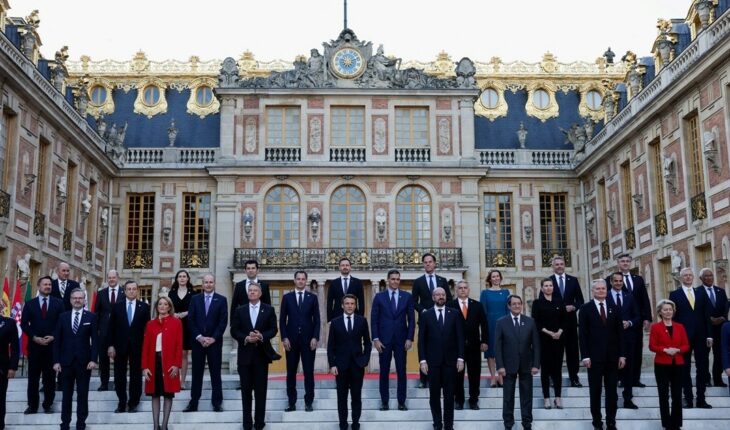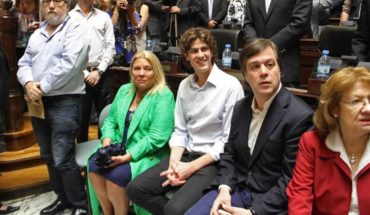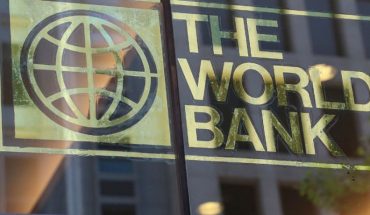The European Union is in the midst of a critical situation due to Russia’s invasion of Ukraine, two countries that are outside the bloc, but where the second of these is part of the list of nations seeking a place, as well as being part of NATO. In this sense, a series of divisions were raised within the bloc since the Ukrainian request is not a priority while it is only in the first step of a process of several years and some brakes come from leaders of the continent. ” There is no fast track for access. That does not exist,” said the Prime Minister of the Netherlands, Mark Rutte during the meeting at the Palace of Versailles, who added to the statements of the president of Luxembourg: “We cannot give Ukrainians the impression that anything can happen in a day,” said Xavier Bettel.
On the other hand, Ursula von der Leyen, president of the European Commission (EC) assured that they will discuss the situation in Ukraine as “a member of our European family” and emphasized: “We want a free and democratic Ukraine, with which we share a common destiny.” Emmanuel Macron, French president, recalled that in addition to Ukraine also Georgia and Moldova presented demands for accession, although he added that “closing the door” to Ukrainian aspirations would be “unfair” and stressed that Europe “must change, changed at the expense of the pandemic and will change even faster and more strongly under the impact of the war.” In the case of continuing with the normal paramteros of the European Union, the main candidate for accession is Turkey, whose negotiation has been going on for more than 20 years, although it has been virtually paralyzed since 2016.
The last country to join the bloc was Croatia, in 2013, although negotiations began eight years earlier, in 2005, and Albania, North Macedonia, Montenegro and Serbia are also recognized as candidates, all of them ahead of Ukraine on the list. On the other hand, the meeting of EU leaders aims to define a course for the strategic reinforcement of its defense, and design alternatives to try to break the dependence that the bloc maintains with Russian hydrocarbons, since today the country led by Vladimir Putin contributes 40% of natural gas, among other minerals.





